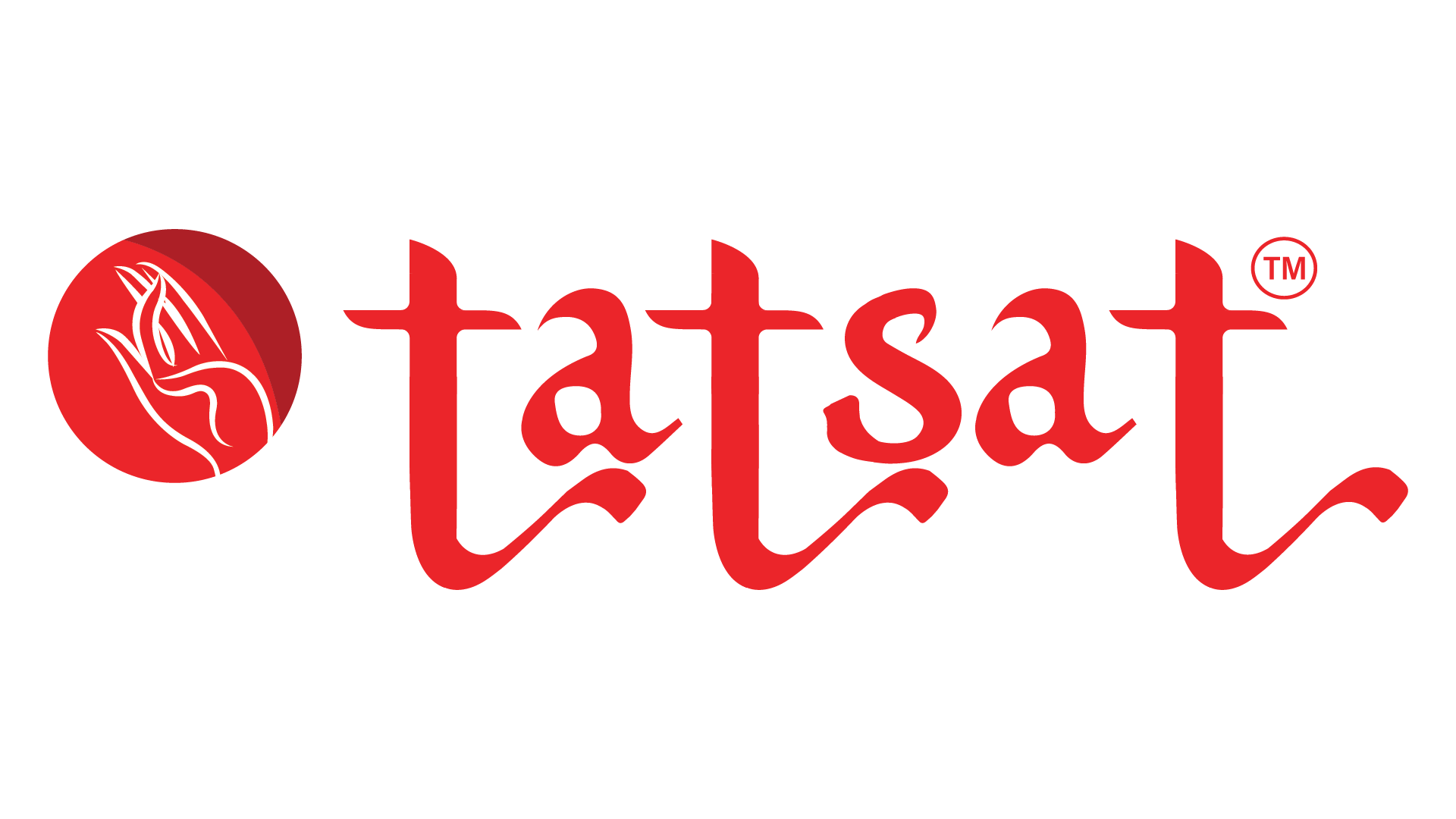Welcome Lokpal!
According to press reports on March 19, five years after the Lokpal Act was notified to probe corruption cases against public servants, the government appointed former Supreme Court judge Justice Pinaki Chandra Ghose as the country’s first Lokpal or anti-corruption ombudsman. A Selection Committee comprising the Prime Minister, the Chief Justice of India, the Lok Sabha Speaker and a senior lawyer cleared Justice Ghose’s name at a meeting held early March. Apart from Ghose, five judicial and five non-judicial members were appointed as members of the body. Former Chief Justices of different high courts, namely, Justices Dilip B Bhosale, Pradip Kumar Mohanty, Abhilasha Kumari, Chief Justice of Chhattisgarh High Court Ajay Kumar Tripathi were appointed as judicial members in the Lokpal.
Former first woman chief of Sashastra Seema Bal (SSB) Archana Ramasundaram, ex-Maharashtra chief secretary Dinesh Kumar Jain, former IRS officer Mahender Singh and Gujarat cadre ex-IAS officer Indrajeet Prasad Gautam are the Lokpal’s non-judicial members. All these eight members took the oath of office on March 27.
Justice Ghose, 66, retired as Supreme Court judge in May 2017 after a tenure of four years and since then has been functioning as a member of the National Human Rights Commission. The Lokpal is vested with the powers to probe complaints against current and former Prime Ministers, Union ministers, Members of Parliament, government and PSU employees and key staff of non-governmental organisations receiving over Rs 10 lakh a year in foreign contributions, among others.
During 2010s, when the BJP was in the Opposition, it campaigned for the Lokpal and backed social activist Anna Hazare’s India Against Corruption movement.
The Lokpal will set about creating its various wings. It will have an “Inquiry Wing, headed by the Director of Inquiry, for the purpose of conducting preliminary inquiry into any offence alleged to have been committed by a public servant punishable under the Prevention of Corruption Act, 1988”. It will also have a “Prosecution Wing, headed by the Director of Prosecution, for the purpose of prosecution of public servants in relation to any complaint by the Lokpal under this Act”. Members like the Secretary, Director of Inquiry and Director of Prosecution and other officers and staff will assist the Lokpal.
Powers of Lokpal?
According to The Hindustan Times, the Lokpal can initiate a preliminary investigation after it receives a complaint under the Prevention of Corruption Act, 1988. If the complaint is found to be true, the Lokpal can ask the government to take disciplinary action against the public servant and also file a case in a special court to be set up by the Centre.
How can a complaint be made?
A complaint under the Lokpal Act should be in the prescribed form and must relate to an offence under the Prevention of Corruption Act against a public servant.
There is no restriction on who can make such a complaint, reports Hindu. The Lokpal may order a preliminary inquiry by its Inquiry Wing, or refer it for investigation by any agency, including the CBI, if there is a prima facie case. In case of central government servants, the Lokpal may refer complaints to the Central Vigilance Commission.
What happens after investigation?
The agency which has been investigating, has to file its report in the court under the appropriate jurisdiction, and a copy before the Lokpal, states the Hindu publication. A Bench of at least three members will consider the report and may grant sanction to the Prosecution Wing to proceed against the public servant based on the agency’s chargesheet, or otherwise as necessary. It may ask the competent authority to take departmental action or direct the closure of the report.



